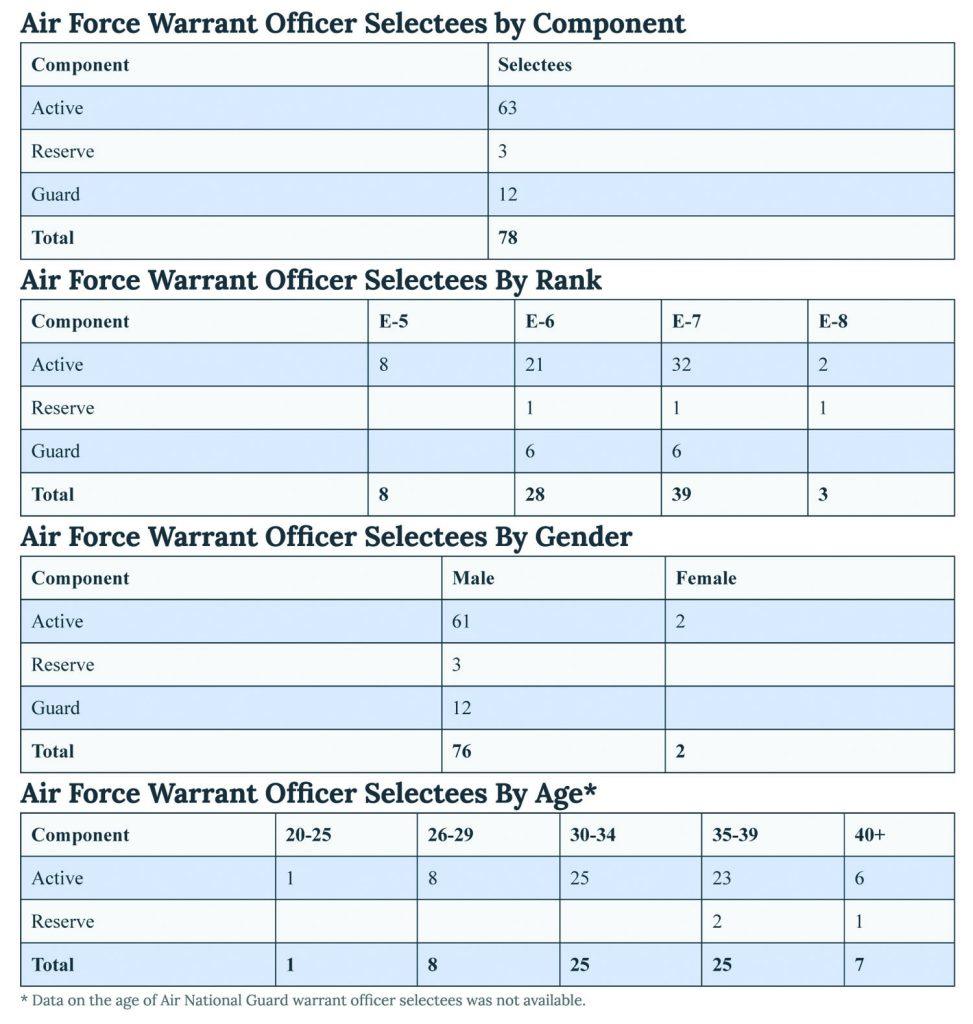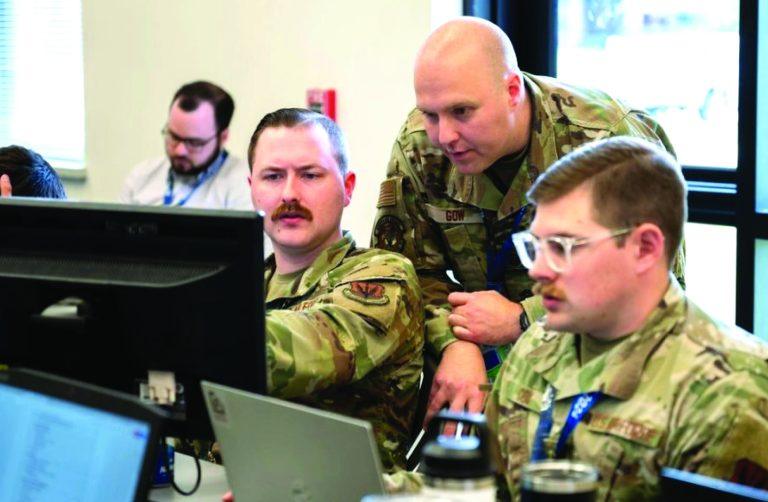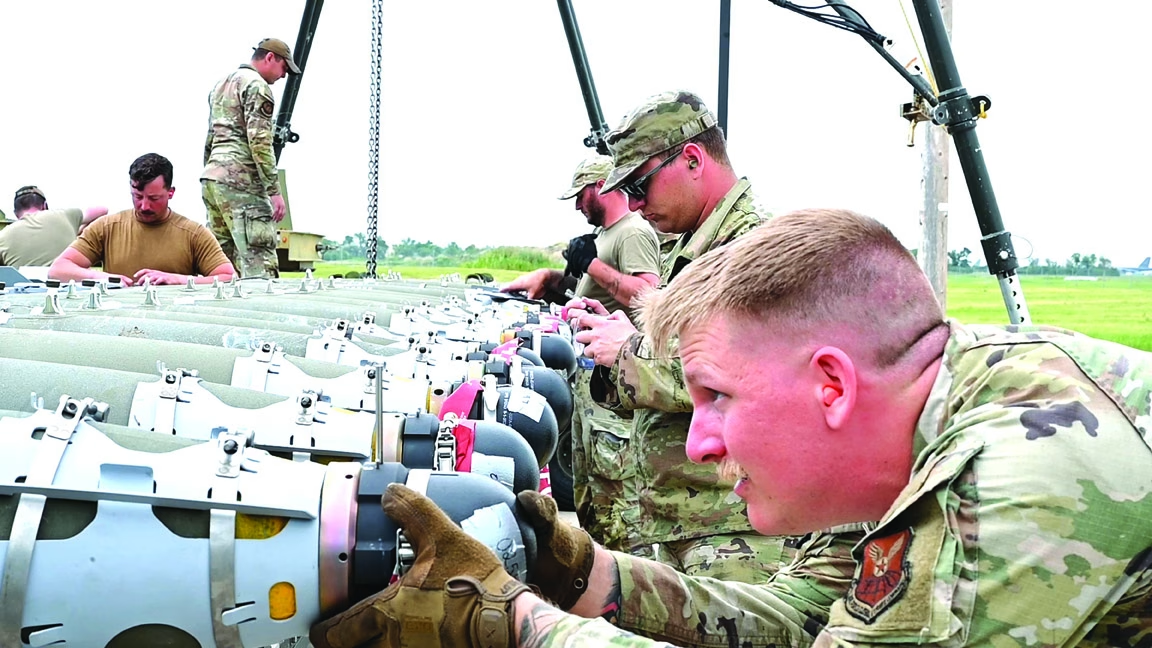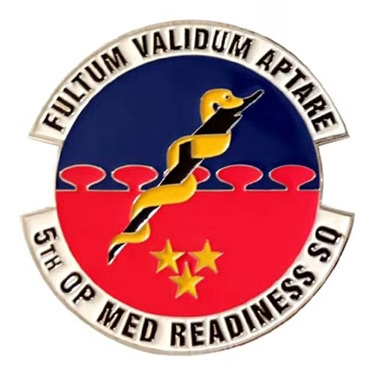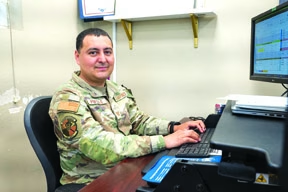The first new Air Force warrant officer selectees in more than half a century are mostly men in their mid- to late-30s and at the rank of master sergeant and above, according to data provided to Air & Space Forces Magazine.
Last week, the Air Force announced 78 selectees to attend the newly created Warrant Officer Training School at Maxwell Air Force Base, Ala. starting this October. The original goal was 60 selectees in two classes, but officials decided to widen the pool to 78 over three classes after seeing the high quality of the applicants, a service spokesperson told Air & Space Forces Magazine.
The first eight-week class starts in October, the second in January, and the third at some point in the spring of 2025, with the first graduates expected to arrive at their new duty stations in early 2025.
The Air Force and Space Force are the only military services currently without warrant officers, who fill technical rather than leadership functions in the other military branches. But today, the Air Force sees the reintroduction of warrant officers as a way to maintain an edge in two fast-moving technical fields: information technology and cybersecurity.
“With perishable skills, like cyber, like IT, where the technology is moving so rapidly, folks who are experts in that can’t afford to be sent off to a leadership course for eight or nine months,” Alex Wagner, assistant secretary of the Air Force for manpower and reserve affairs, said April 9.
More than 490 Airmen sought spots at the school after applications opened in April, of whom about 57 were quickly turned away due to not meeting eligibility requirements or having incomplete applications. Though applicants could come from any career field, they had to meet several qualifications in cybersecurity and information technology. They also had to hold a minimum rank of staff sergeant, one year of active federal service, and be the age of 42 or younger.
The selectees came from a range of career fields. On the Active-duty side, these included cyber defense and cyber warfare, health services management, special investigations, aircraft armament, fusion analysis, and scientific applications. While the Air National Guard list of AFSCs represented by its 12 selectees were not available, the Air Force Reserve’s three primary selectees included two cyber warfare specialists and one cyber defense specialist.
